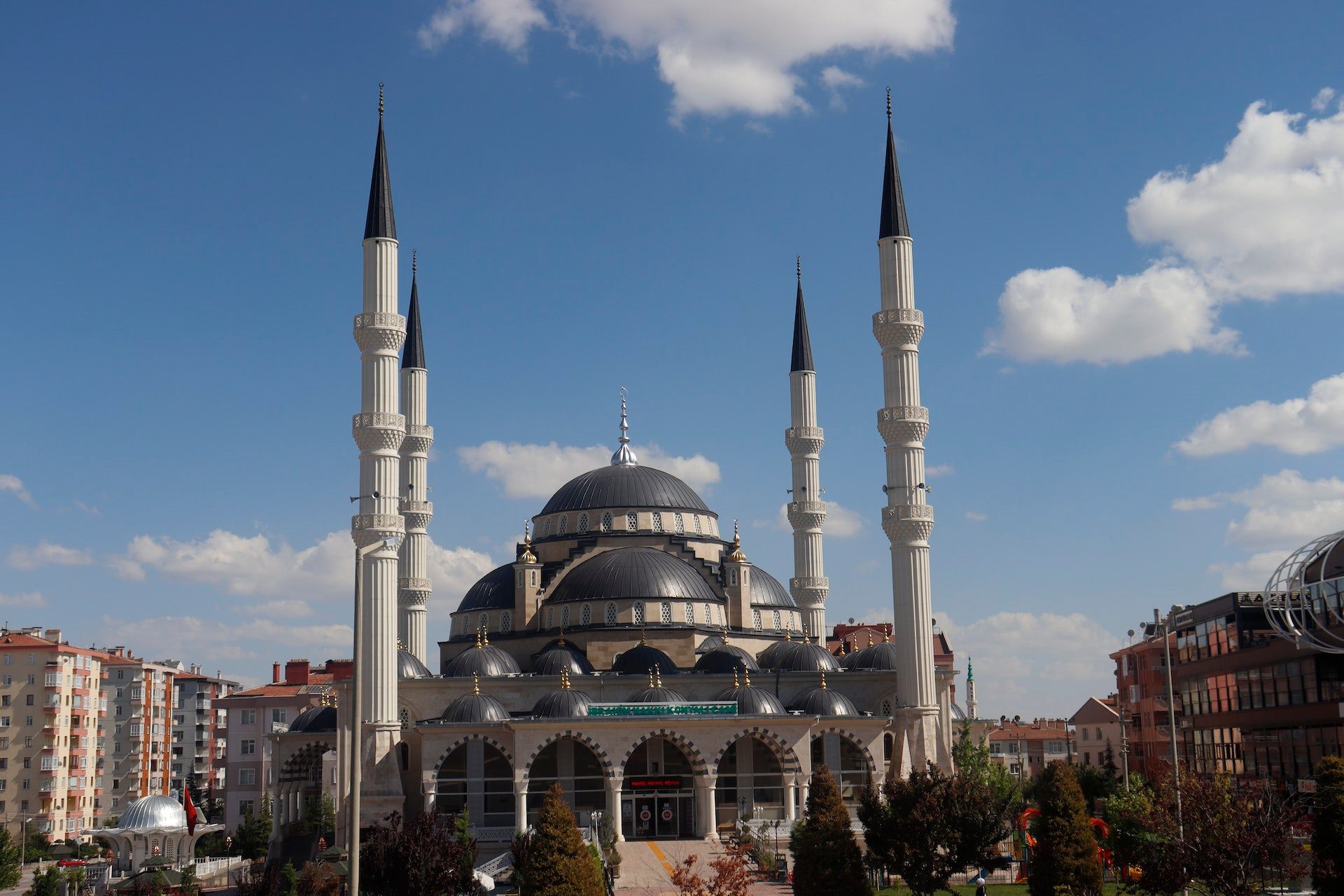Tunis museums are a window into the rich history and culture of Tunisia. From ancient Roman ruins to contemporary art, these museums offer something for everyone. In this article, we will take a closer look at some of the most popular museums in Tunis and what they have to offer.
1. Bardo National Museum
About the Museum
The Bardo National Museum is one of the most important museums in Tunisia and the largest in North Africa. It is located in the Bardo Palace, which was originally built as a palace for the Bey of Tunis in the 19th century. The palace was converted into a museum in the 1980s and now houses an extensive collection of artifacts from Tunisia’s rich history.
Art and Artifacts on Display
The Bardo National Museum is known for its collection of Roman mosaics, which are some of the best preserved in the world. The mosaics date from the 2nd century AD and depict scenes from mythology, daily life, and the natural world. The museum also has a large collection of Punic and Carthaginian artifacts, as well as Islamic art and ceramics.
Special Exhibitions
The Bardo National Museum regularly hosts special exhibitions on a variety of subjects. These have included exhibitions on the art and culture of ancient Tunisia, as well as contemporary art and photography.
Guided Tours
Guided tours of the Bardo National Museum are available in both French and English. These tours provide an in-depth look at the museum’s collection and the history of Tunisia.
2. National Museum of Carthage
About the Museum
The National Museum of Carthage is located in the ancient city of Carthage, which was founded by the Phoenicians in the 9th century BC. The museum is housed in the Villa of the Antonines, which was built during the Roman period. The museum showcases the history of Carthage and its role in the ancient world.
Art and Artifacts on Display
The National Museum of Carthage has a wide range of artifacts on display, including pottery, jewelry, and statues from the Punic and Roman periods. The museum also has a collection of mosaics, including one of the most famous mosaics from ancient Carthage, the “Warrior of Carthage”.
Special Exhibitions
The National Museum of Carthage hosts occasional special exhibitions, which have included subjects such as the daily life of ancient Carthaginians and the history of the city’s art and culture.
Guided Tours
Guided tours of the National Museum of Carthage are available in French and English, providing an in-depth look at the history of Carthage, its art and culture, and the collection on display.
3. National Museum of Tunis
About the Museum
The National Museum of Tunis is located in the heart of Tunis and is a great destination for those interested in the history of Tunisia. The museum is housed in a 19th-century palace and has a wide range of artifacts on display from the Phoenician, Roman, and Islamic periods.
Art and Artifacts on Display
The National Museum of Tunis has a collection of artifacts from the Phoenician, Roman, and Islamic periods. This includes pottery,jewelry, statues, and mosaics. The museum also has a large collection of Islamic art and ceramics, as well as a collection of traditional Tunisian costumes and textiles.
Special Exhibitions
The National Museum of Tunis occasionally hosts special exhibitions on a variety of subjects, including the history of Tunis and the art and culture of Tunisia.
Guided Tours
Guided tours of the National Museum of Tunis are available in French and English, providing an in-depth look at the history of Tunis and the collection on display.
4. Zitouna Mosque Museum
About the Museum
The Zitouna Mosque Museum is located in the historic Zitouna Mosque in Tunis. The mosque is the oldest and most prestigious mosque in the city and is considered one of the most important Islamic monuments in Tunisia. The museum showcases the history and culture of Islam in Tunisia.
Art and Artifacts on Display
The Zitouna Mosque Museum has a collection of artifacts on display related to the history and culture of Islam in Tunisia. This includes Islamic ceramics, traditional textiles, and calligraphy. The museum also has a collection of manuscripts and books on Islamic law and theology.
Special Exhibitions
The Zitouna Mosque Museum occasionally hosts special exhibitions on the history of Islam in Tunisia and the art and culture of the region.
Guided Tours
Guided tours of the Zitouna Mosque Museum are available in French and English, providing an in-depth look at the history of the mosque and the Islamic culture in Tunisia.
In conclusion, Tunis museums are a great way to learn about the history and culture of Tunisia. From the ancient Roman mosaics of the Bardo National Museum to the Islamic art and artifacts of the Zitouna Mosque Museum, there is something for everyone. These museums are a must-visit for anyone interested in the history and culture of Tunisia.



